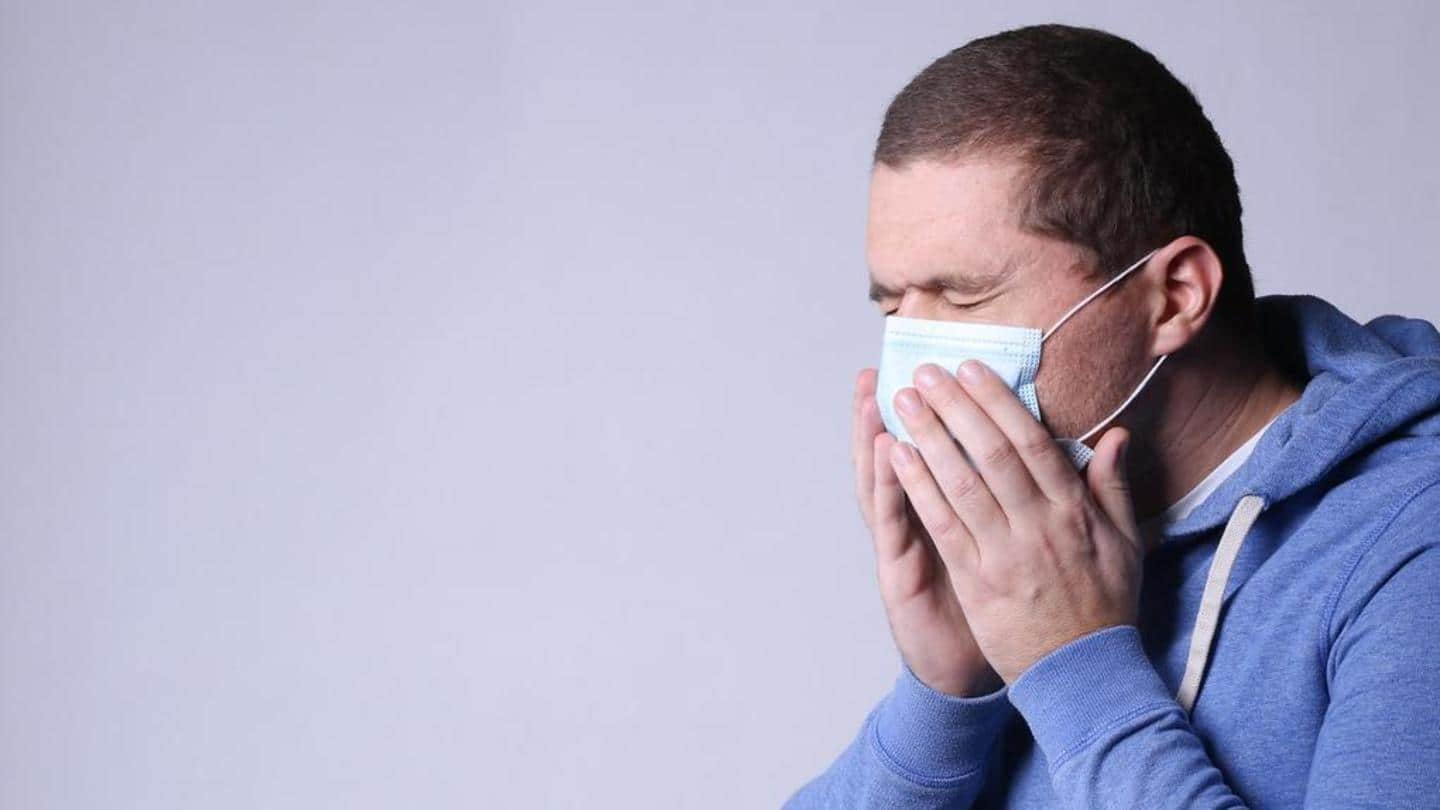
COVID-19 pneumonia: Symptoms, treatment and recovery
What's the story
The pandemic wreaked havoc in the past two years with a series of illnesses, deaths, and lockdowns. The nightmare isn't fully over yet. The illness tied to coronavirus was named novel coronavirus-infected pneumonia (NCIP); the World Health Organization renamed it COVID-19. COVID-19 can cause severe inflammation in your lungs damaging the tissue. The damage breaks off tissue and clogs the lungs causing respiratory problems.
Context
Here is what our expert says
Pneumonia is the most dreaded complication of novel coronavirus infection characterized by dips in oxygen saturation. With almost universal COVID-19 vaccination coverage, the severity of the disease has reduced in the population. However, the unvaccinated minority and the immunocompromised still remain at high risk. Increasing the vaccine coverage and booster doses to strengthen the waning immunity will reduce the incidence of this life-threatening complication.
#1
What is pneumonia?
Pneumonia is a lung infection that causes inflammation in the air sacs inside the lungs. They may fill up with fluid and pus and cause difficulty in breathing. You can get pneumonia as an aftereffect of viral infections like COVID-19, or even a common cold. About 15% of COVID-19 cases are severe where the patient may need to be treated with oxygen in hospitals.
#2
Symptoms of pneumonia
COVID-19-induced pneumonia can cause fever, dry cough, and shortness of breath. If the infection causes pneumonia, you will experience rapid heartbeat, dizziness, breathlessness, and heavy sweating. COVID-19 pneumonia often occurs in both lungs and can lead to acute respiratory distress syndrome (ARDS) — severe lung failure. Anyone can get COVID-19 pneumonia, however, people with comorbidities are at the highest risk.
#3
What is the treatment?
After your doctor diagnoses COVID-19 pneumonia based on the symptoms and test results, you must undergo treatment immediately. Depending on the severity of the case, the patient may need treatment at a hospital with oxygen, a ventilator, and intravenous (IV) fluids. Patients should be prepared for continuing treatment and therapy to recover fully. Proper nutrition and hydration can help patients avoid further complications.
#4
How fast is the recovery?
Regardless of the causes, regaining strength after being sick from pneumonia can take a while — from anywhere between several weeks to months. Every individual's body works differently, and recovery depends on one's overall health, whether they have comorbidities and the severity of the infection. The lung injury may result in breathing difficulties, and this may take months to get back to normal.
#5
How to prevent it?
To prevent the risk of severe infection, get vaccinated. Thoroughly wash your hands with soap for at least 20 seconds. Maintain distance from people who are sick Try not to touch your face with unclean hands. The nose, mouth, and eyes should only be touched after you've washed your hands or used a sanitizer. Wear masks like N95s and KN95s in crowds.